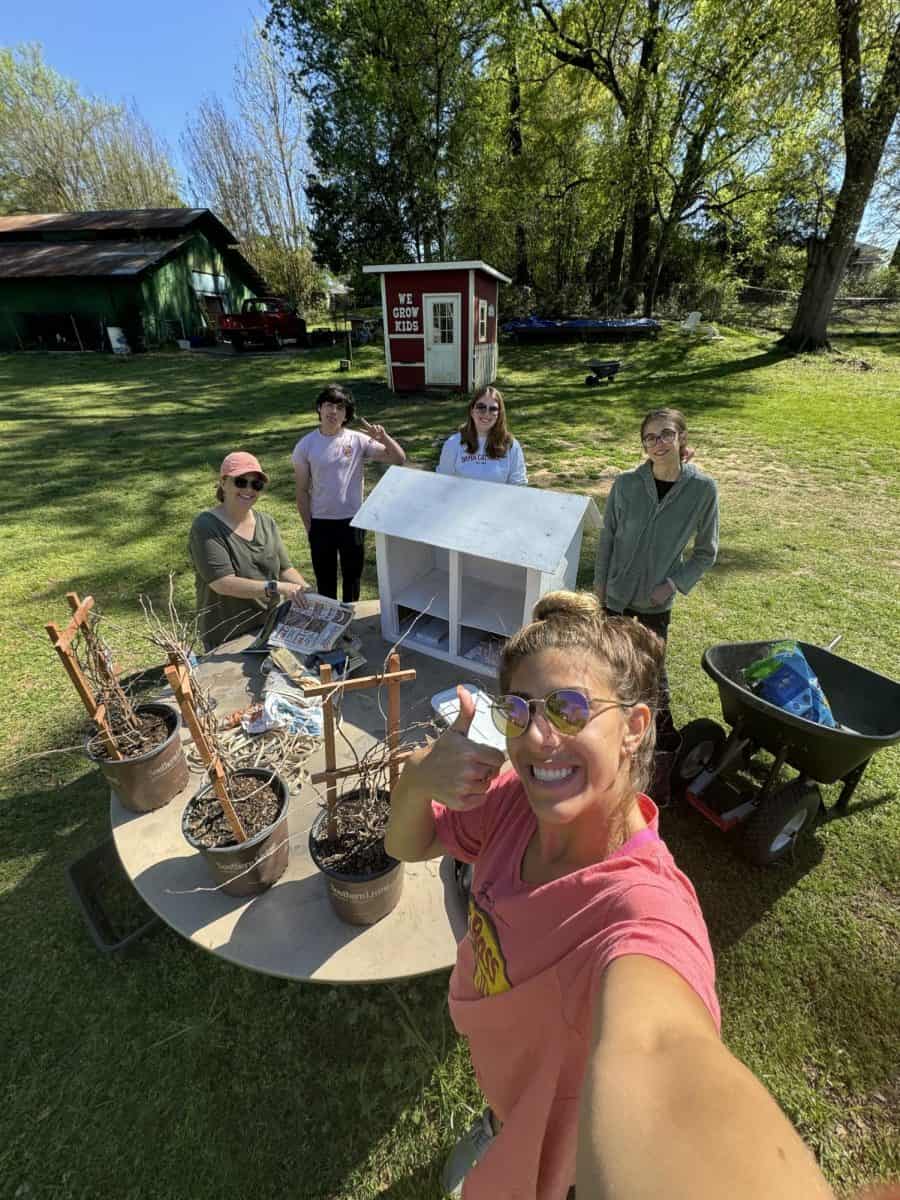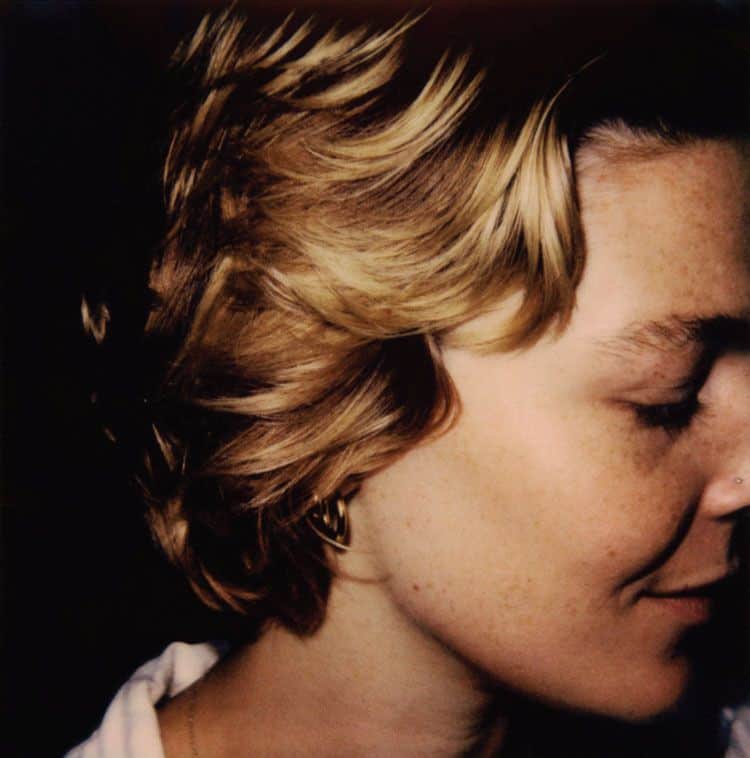Movies, commercials and TV shows rely on the help of extras to make settings appear real. For some University of Alabama students, acting as extras in television, commercials and film has not only helped them learn how the production process works, but also allowed them to be a part of their favorite shows.
Hannah Armstrong, a freshman majoring in psychology, was a fan of the television show “One Tree Hill” when she applied to be an extra on the show. She enjoyed the experience of seeing how the process of filming for TV works and seeing the stars up close in their work environment.
“My favorite thing was seeing how TV works and how they make the show, especially since it’s a show I like a lot,” Armstrong said. “It was cool just to be on set and to say I’ve seen [the actors].”
For students who would like to be extras in television and film, experienced extras recommend they stay alert for opportunities to audition and network with people in those industries. Freshman theatre major Esther Workman, who appeared in a variety show called “Chain Reaction” and the film “Wait Your Turn,” learned about opportunities from sources on campus.
“You don’t have to be a [theatre] major like me or devote your life to [acting], but getting your foot in the door starts with immersing yourself in the business,” Workman said. “It also depends on who you know. I’m not talking about directors or producers, but friends of mine in the theatre department are always letting me know if they hear about open-call auditions for film extras.”
Even if one is not interested in television acting as a career, being an extra can give those interested in other areas of television, film or stage acting insight into how the production process works.
“My favorite part of being an extra was just seeing how the film process works. I am personally interested in more stage theatre, but being a part of a film is such a cool and different experience,” Workman said. “I learned how to act in a different way, aiming more at a camera lens than an entire audience sitting in the house.”
According to Armstrong, the most important thing for an extra to remember while on camera is to be natural and not overact.
“Try to look natural, and don’t look at the camera, because if you’re an extra, you’re not normally in that situation, and you want to look at the camera,” she said. “You just have to act like it’s your normal, everyday life.”
However, shooting for television and film is not entirely glamorous. Russell Stephens, a senior musical theatre major who played an Alabama fan in a Papa John’s commercial in the fall, said the shooting process involves a lot of waiting, and it can take a long time to shoot a small amount of footage.
“It took almost eight hours to shoot a 30-second commercial, and it got boring really quickly just sitting there,” he said.
Armstrong echoed Stephens’s sentiment that being an extra, while enjoyable, can be dull.
“We couldn’t talk, and we didn’t have our phones, and we were basically sitting there for twelve hours unless they called us out, which didn’t happen often, so it wasn’t very glamorous,” she said.
In spite of the less exciting parts of being an extra, the job can have advantages. Extras have the opportunity to make money and sometimes enjoy benefits like free food. While shooting the Papa John’s commercial, Stephens was able to enjoy plenty of Papa John’s pizza.
“[My favorite part of shooting] was the food — all-you-can-eat Papa John’s and a catered lunch,” Stephens said. “It also paid pretty well — $100 to sit in a folding chair and eat pizza for an afternoon.”






